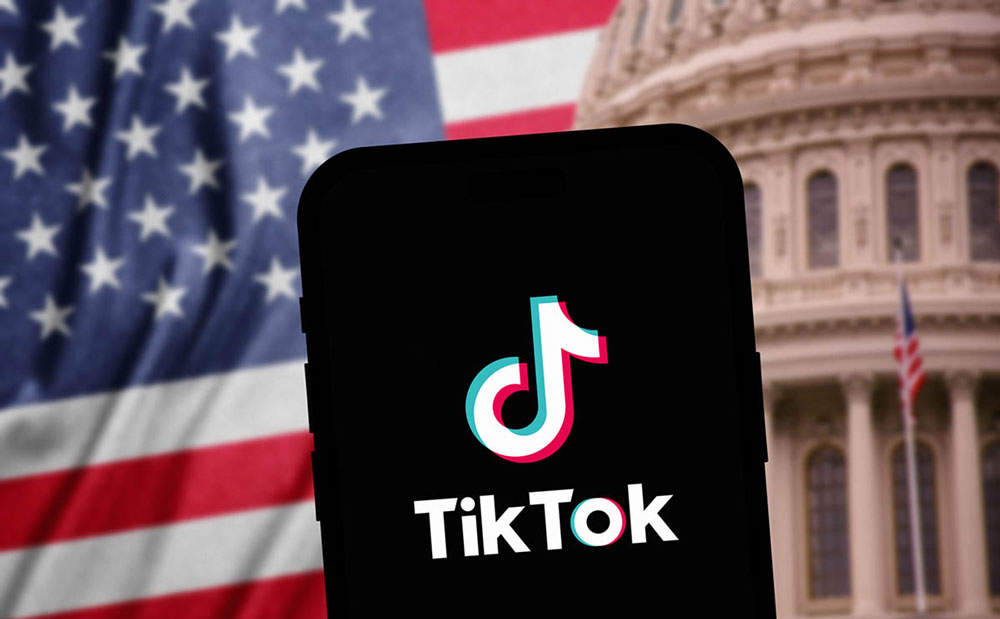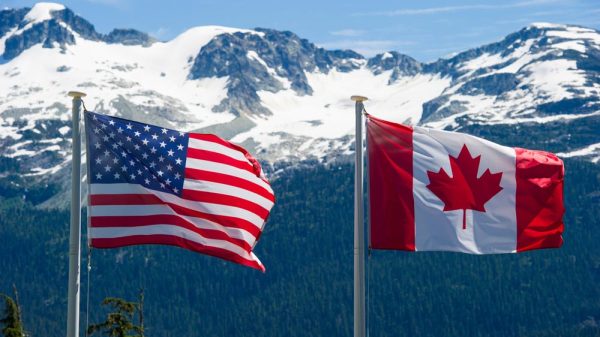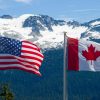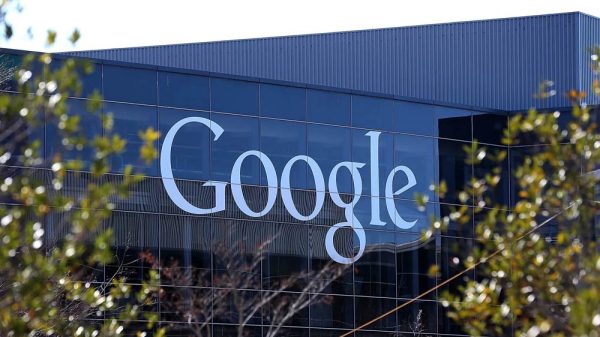The CEOs of Apple and Google have been instructed by members of the House Select Committee on the Chinese Communist Party to prepare for a potential ban on TikTok in the United States. This follows the U.S. Court of Appeals decision to uphold a law mandating ByteDance, TikTok’s Chinese parent company, to divest the app by January 19, 2025. If ByteDance fails to comply, Apple and Google will be legally required to remove TikTok from their app stores in the U.S.
Key Developments
- The House Select Committee sent letters to Apple CEO Tim Cook and Alphabet CEO Sundar Pichai, emphasizing their obligation to comply with the law.
- The law prohibits app store operators from supporting “foreign adversary-controlled applications” in the absence of qualified divestiture.
- TikTok’s appeal to halt the law was rejected by the D.C. Court of Appeals.
The law, signed by President Joe Biden earlier this year, aims to address national security concerns regarding TikTok’s ties to ByteDance. Lawmakers argue that TikTok’s Chinese ownership poses risks to user data and U.S. national security. Since April, TikTok has had over 233 days to meet the law’s requirements, but it has yet to achieve compliance.
TikTok’s Response
TikTok has strongly opposed the law, calling it unconstitutional and a violation of the First Amendment rights of its 170 million U.S. users. The company warns that a ban could harm small businesses and social media creators, potentially resulting in $1.3 billion in lost sales and earnings within a month. Despite these claims, the appeals court upheld the law, stating it is narrowly tailored to protect national security.
A TikTok spokesperson has announced plans to escalate the case to the U.S. Supreme Court, which has historically defended free speech rights.
Impact on Apple and Google
If ByteDance fails to sell TikTok by the January deadline, Apple and Google will face significant pressure to comply with the law. Both companies have declined to comment on the matter. However, their role as gatekeepers for app distribution in the U.S. makes their compliance critical to enforcing the ban.
Political Context
The TikTok ban has become a contentious issue in Washington. While President-elect Donald Trump has not yet commented on whether he will enforce the ban after taking office on January 20, his position on TikTok has been inconsistent. During his first term, Trump attempted to ban TikTok but later softened his stance after meeting with billionaire Jeff Yass, a major investor in ByteDance. Yass’ firm, Susquehanna International Group, holds a 15% stake in ByteDance, raising questions about the influence of business interests on U.S. policy toward TikTok.
National Security vs. Free Speech
The debate over TikTok centers on balancing national security concerns with protecting free speech. Lawmakers argue that the app’s Chinese ownership creates unacceptable risks, while TikTok and its supporters claim the ban infringes on constitutional rights. As the January 19 deadline approaches, the outcome of this legal and political battle could have far-reaching implications for tech companies, social media platforms, and millions of TikTok users in the U.S.











